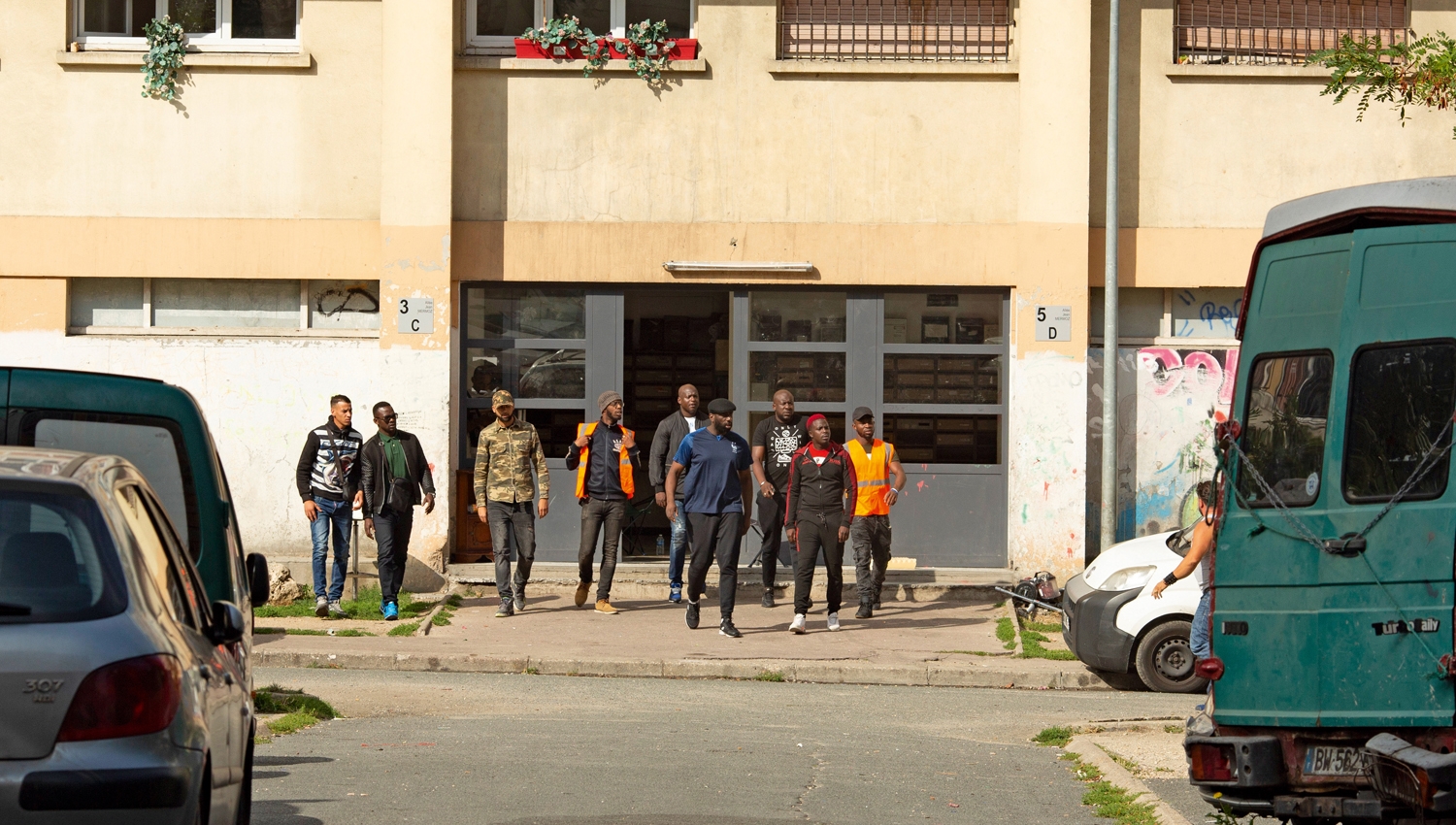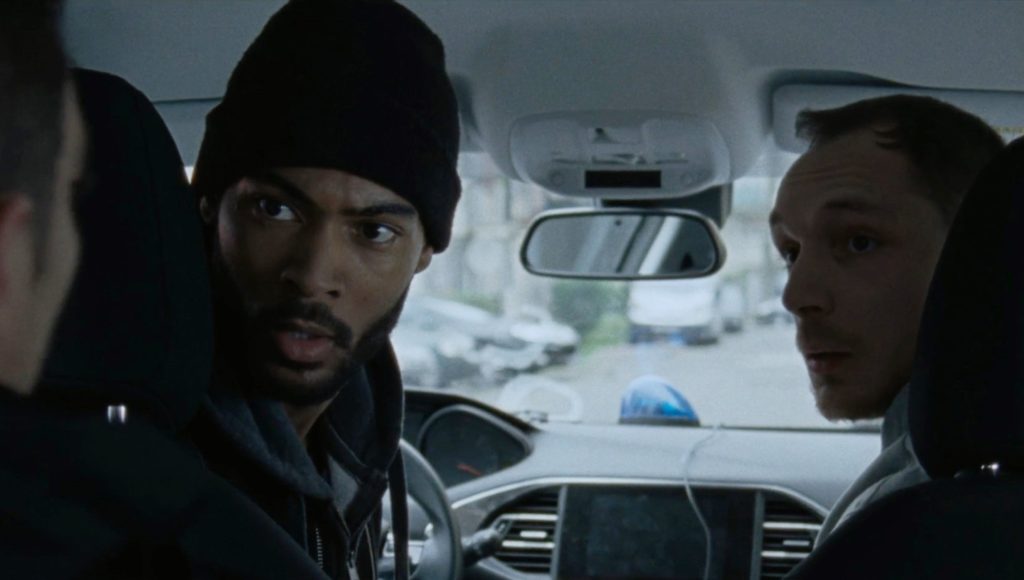
Les Misérables
Dustin Chase
France had to decide between two films that won prizes at the Cannes Film Festival. Les Misérables was chosen over Portrait of a Lady on Fire most simply because of its widespread appeal. Not a remake, this 2019 Les Misérables is set in the community where Victor Hugo first penned his masterpiece; the themes of his timeless story are present but virtually unrelated otherwise. Writer and director Ladj Ly takes the audience into modern-day poverty and gangs as dishonest police treat impoverished minorities with little to no dignity. The story paints complex situations where there are no easy answers, a conundrum for the viewer to work out on their own. Les Misérables stacks its script with curiosity that leads to tension, giving way to uncertainty and nervousness for the viewer.
“Do you miss the cows?” Brigadier Stéphane Ruiz, dit Pento (Bonnard), asks as he joins his new patrol unit. Stéphane has left the quiet countryside to be closer to his son and ex-wife. His first day riding along the unpredictable Chris (Manenti) and reserved Gwada (Zonga) in the Anti-Crime Brigade of Montfermeil, will turn out to be the most difficult day of his life. One of the Muslim children has stolen a baby lion from Circus Gypsy’s that’s inching close to inciting an inner city turf war. Chris and his unit are called in to find the baby cub and return the peace. It doesn’t take long to find the culprit, Issa (Perica), a teenage troublemaker who creates a riot of his own in an arrest gone wrong and is accidentally caught on drone footage. The Parisian suburb inches closer to total chaos as the police try to stop the incriminating footage from getting into the wrong hands.
Les Misérables stacks it’s script with curiosity that leads to tension giving way to uncertainty and nervousness for the viewer.
In American films, we have become nearly numb to the reality of racism being depicted as part of our culture. A French film submitted to the Oscars isn’t where you would expect to find international antidotes to racism, but this eye-opening thriller takes audiences into a world we don’t often hear about. Ladj Ly’s script never presents any one character as entirely good or bad, and the audience’s viewpoint on each changes from scene to scene. As the film’s narrative sprawls like the city, we pick up each character’s motivations. For much of the film, Stéphane’s point of view is also the audience’s, interacting with everyone for the first time. The open-ended conclusion might turn some viewers off but leaves the narrative open for much discussion and debate.
In the third act, genuine moments of suspense find Les Misérables in truly uncharted territory. Perspective is something that cinematographer Julien Poupard constantly changes, showing us long-shot views from above or the confined spaces of a stairwell. Both the editing and cinematography won awards at Cannes for their innovative integration into the story. Les Misérables is one of those rare foreign films that could entertain any audience. However, it’s only third in line behind Pedro Almodovar’s Pain and Glory and the presumed International Film winner Parasite. As the foreign film race becomes more competitive each year, more audiences are awakening to the idea that the most original cinema isn’t coming out of Hollywood.
Final Thought
France's Les Misérables is a riviting and suspenseful crime thriller, now nominated for Best International Film.

